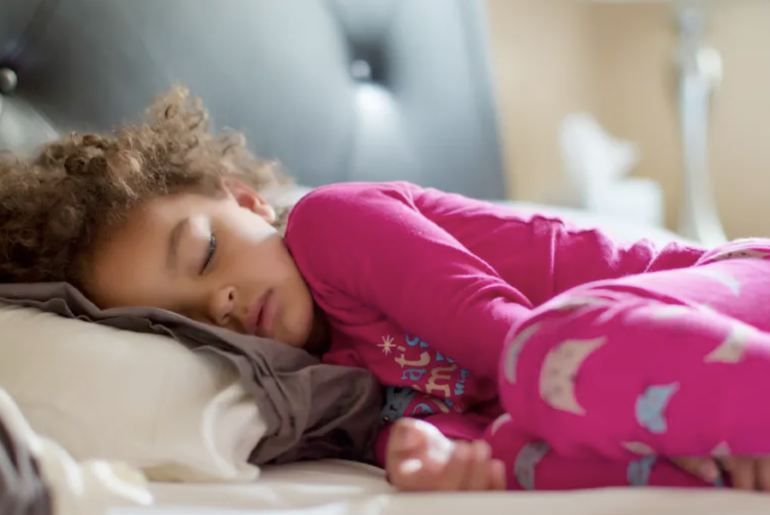You might notice that one of your children snores at night and wonder whether children can suffer from sleep apnea. Children can indeed suffer from sleep apnea, which affects their growth and development. If your child snores at night, any siblings who share the bedroom may start complaining and asking that you take them out of the room. If that child attends school, the teachers are likely to think that your child has a sleeping disorder because they keep on dozing during class. However, you can breathe a sigh of relief because there is a solution to snoring Houston for children. Let’s discuss snoring in children.
What Symptoms Point To Sleep Apnea in Children?
The child will have loud and noisy snorting when asleep. The noise cannot go unnoticed. Also, they tend to stop breathing intermittently, and it can go on for a minute. Also, you will observe that the child often breathes through the mouth. They may wet the bed, sleepwalk and have night terrors. After they wake up, they may be either hyperactive or tend to be sleepy during the day. Also, they can show irritability because of the inability to sleep comfortably during the night. They tend to nap even when they ought to have grown out of taking naps. You will notice that they complain of a headache once they wake up. If the snoring goes unaddressed, they are likely to experience learning problems.
Diagnosing Sleep Apnea in Children
Once you visit a pediatrician and explain that your child consistently snores at night, the physician will evaluate the child through;
Taking sleep history
As the parent or guardian, you will explain how your child sleeps. You will answer whether the child sleeps throughout the night, during the day, and any tendency to nap.
Upper airway evaluation
The physician requires specific tests that evaluate the condition of the upper airway. You can take the child for X-ray tests and other tests as directed by the physician.
Sleep study
The physician will conduct a polysomnogram test. You will take and stay with the child in a sleep laboratory, which is a particular type of bedroom. Evaluation happens after the child has fallen asleep. The sleep study evaluates the following;
- Brain activity
- Heart rate
- Amount of airflow through the nose
- Amount of airflow through the mouth
- Oxygen levels in the blood
- Carbon monoxide levels in the blood
- Muscles functioning
- Chest and abdominal wall movement
- Instances of sleep interruptions
Treatment Options
If, after evaluations, the physician ascertains that the child has sleep apnea, the child will be treated through surgery if it is enlarged tonsils and adenoids causing the snoring. If the snoring results from obesity, the physician will recommend changing lifestyle habits, including exercise. The physician may recommend the child use continuous positive airway pressure or rapid maxillary expansion devices.
Treating snoring in children allows them to grow and develop like the rest of children their age. The Houston Sinus Surgery Center has the best snoring specialist that diagnoses and treats snoring using the latest technology and interventions. Therefore, do not jeopardize your child’s wellbeing by allowing them to continue snoring, request an appointment today.

